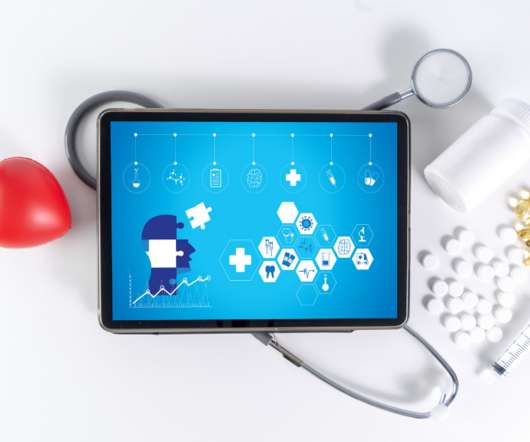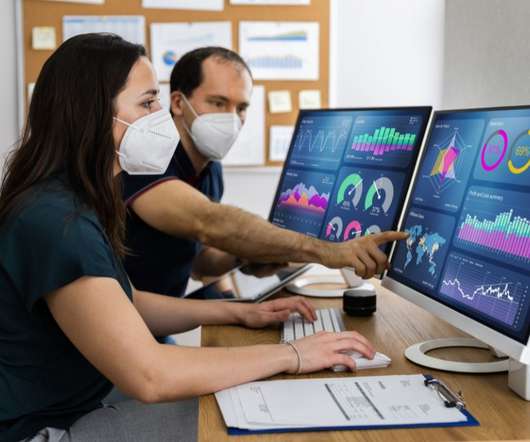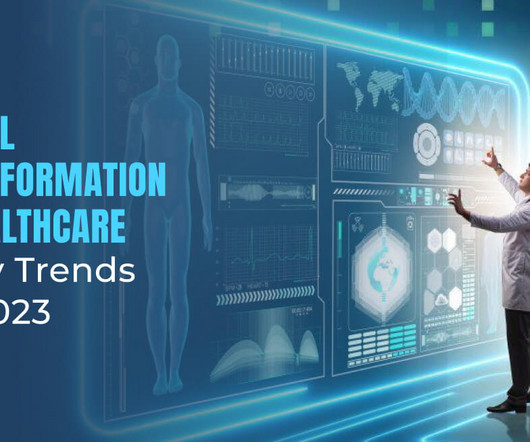10 Key Trends of Digital Transformation in Healthcare in 2022
OTS Solutions
JUNE 3, 2022
At the heart of this shift are AI (Artificial Intelligence), ML (Machine Learning), IoT, and other cloud-based technologies. Modern technical advancements in healthcare have made it possible to quickly handle critical medical data, medical records, pharmaceutical orders, and other data. On-Demand Computing.














Let's personalize your content